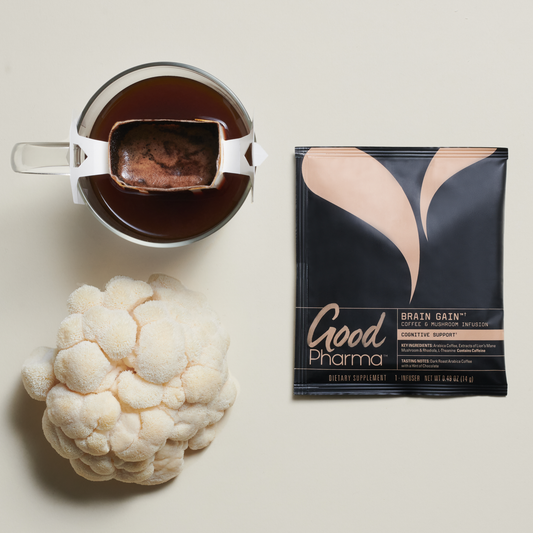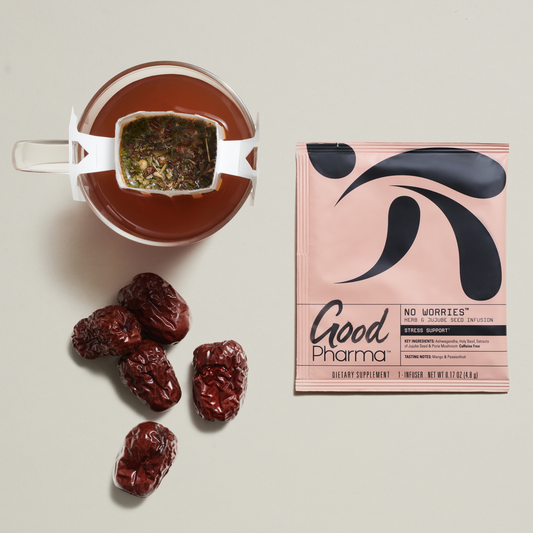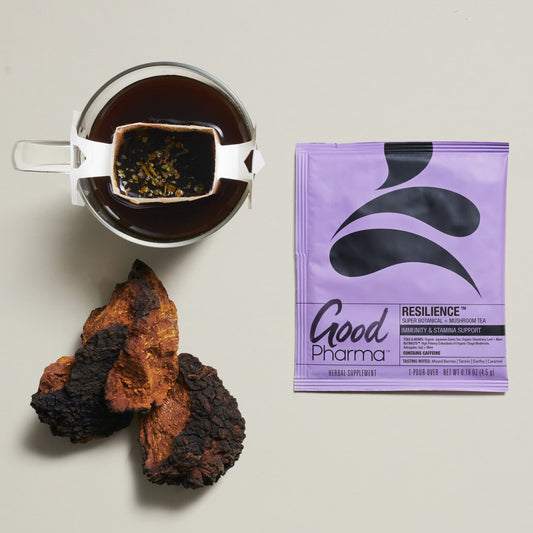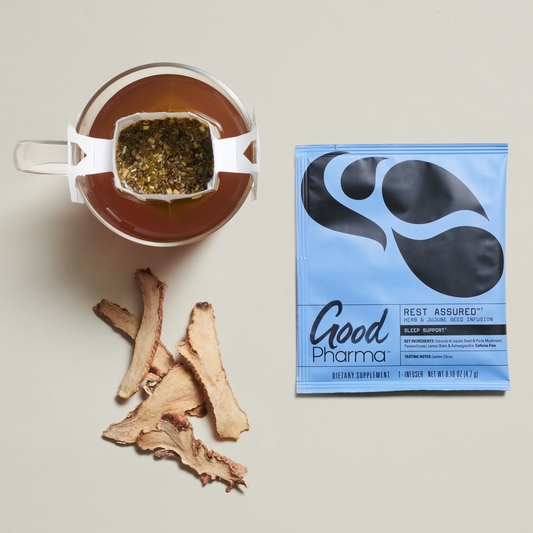Aligning Your Life with the Rhythms of Your Body
Chinese Medicine’s 24-hour body clock divides the day into 12 two-hour intervals, during which the Qi (vital force) moves through different organs. By understanding the Organ Body Clock, practitioners can determine the organ responsible for specific ailments and identify the best times for certain activities. In this blog post, we will explore the intricacies of the Organ Body Clock, how it connects to emotions, and how you can optimize your daily routine to harmonize with your body's natural rhythms.
The Ebb and Flow of Qi throughout the Day
The Body-Energy Clock is founded on the concept that Qi flows cyclically throughout the body. During sleep, Qi moves inward to restore the body, with the liver cleansing the blood and performing numerous functions between 1 and 3 a.m. In the following 12 hours, energy cycles through organs associated with daily activity, digestion, and elimination. By mid-afternoon, energy moves inward again to support internal organs in restoring and maintaining the system. This cycle ensures the proper movement of fluids and heat, as well as filtration and cleansing, throughout the body.
Morning Rituals: Energizing and Detoxifying
From 5 to 7 a.m., Qi is focused on the Large Intestine, making it an ideal time for a bowel movement, removing toxins, and washing your body. Combing your hair is also believed to clear energy from the mind. Between 7 and 9 a.m., the Stomach is most active, and it's essential to eat a nutritious, warm meal to optimize digestion and absorption. During this time, emotions like disgust or despair might arise. From 9 to 11 a.m., the Pancreas and Spleen release enzymes for digesting food and providing energy, making it the perfect time to exercise and tackle demanding tasks. Low self-esteem may be felt during this period.
Midday Balance: Fueling and Resting
Between 11 a.m. and 1 p.m., the Heart pumps nutrients throughout the body, providing energy and nutrition. This is a good time for a light, cooked lunch, a one-hour nap, or a cup of tea. Feelings of extreme joy or sadness might surface. From 1 to 3 p.m., the Small Intestine completes digestion and assimilation, making it a suitable time for daily tasks or exercise. Vulnerable thoughts or feelings of abandonment may arise subconsciously.
Afternoon Rejuvenation: Mental Clarity and Hydration
Between 3 and 5 p.m., the Bladder moves metabolic wastes into the kidney's filtration system, creating an ideal time for studying or tackling mentally challenging work. Drinking tea and water is recommended to support detoxification. Feelings of irritation or timidity might arise. From 5 to 7 p.m., the Kidneys filter blood and maintain chemical balance. This is an excellent time for dinner, walking, massage, or stretching. Subconscious fears or terror might surface during this time.
Evening Relaxation: Nourishment and Restoration
From 7 to 9 p.m., the Circulation system carries nutrients to the capillaries and cells. It's a perfect time to read and avoid mental activities. Difficulties in expressing emotions may be felt, but this is an ideal time for intimacy. Between 9 and 11 p.m., the Triple Heater or endocrine system adjusts the body's homeostasis and replenishes enzymes. Sleeping during this time is advised to conserve energy. Paranoia or confusion might emerge.
Nighttime Renewal: Detoxification and Emotional Release
Between 11 p.m. and 1 a.m., the Gall Bladder is most active, and it's important to be at rest to wake up feeling energized. This period is when yin energy fades and yang energy begins to grow, fueling daytime activity. Resentment may surface subconsciously. From 1 to 3 a.m., the Liver releases toxins and creates fresh blood, making sleep crucial. Waking up during this time may indicate excessive yang energy or liver issues. This period is also associated with anger, frustration, and rage.
The Early Morning: Breathing and Emotional Healing
From 3 to 5 a.m., the Lungs replenish the body with oxygen, and it's important to remain asleep. If you wake up during this time, try soothing exercises like deep breathing. Keep your body warm to support the lungs. This period is linked to grief and sadness.
Achieving Optimal Health through the Wisdom of Chinese Medicine
The ancient wisdom of Chinese Medicine's 24-hour body clock provides us with insights on how to harmonize our daily routines with our body's natural rhythms. To further enhance your well-being, consider incorporating Good Pharma's functional beverages into your day. Their thoughtfully formulated blends, such as No Worries Tea with Ashwagandha and Poria Mushroom, are inspired by Traditional Chinese Medicine and Ayurveda, offering a perfect synergy with the principles of the Organ Body Clock.
By integrating Good Pharma's functional beverages into your daily rituals, you can harness the power of potent, bioavailable ingredients to nourish your body, mind, and spirit, supporting optimal health and balance in harmony with the ancient wisdom of Chinese Medicine.





